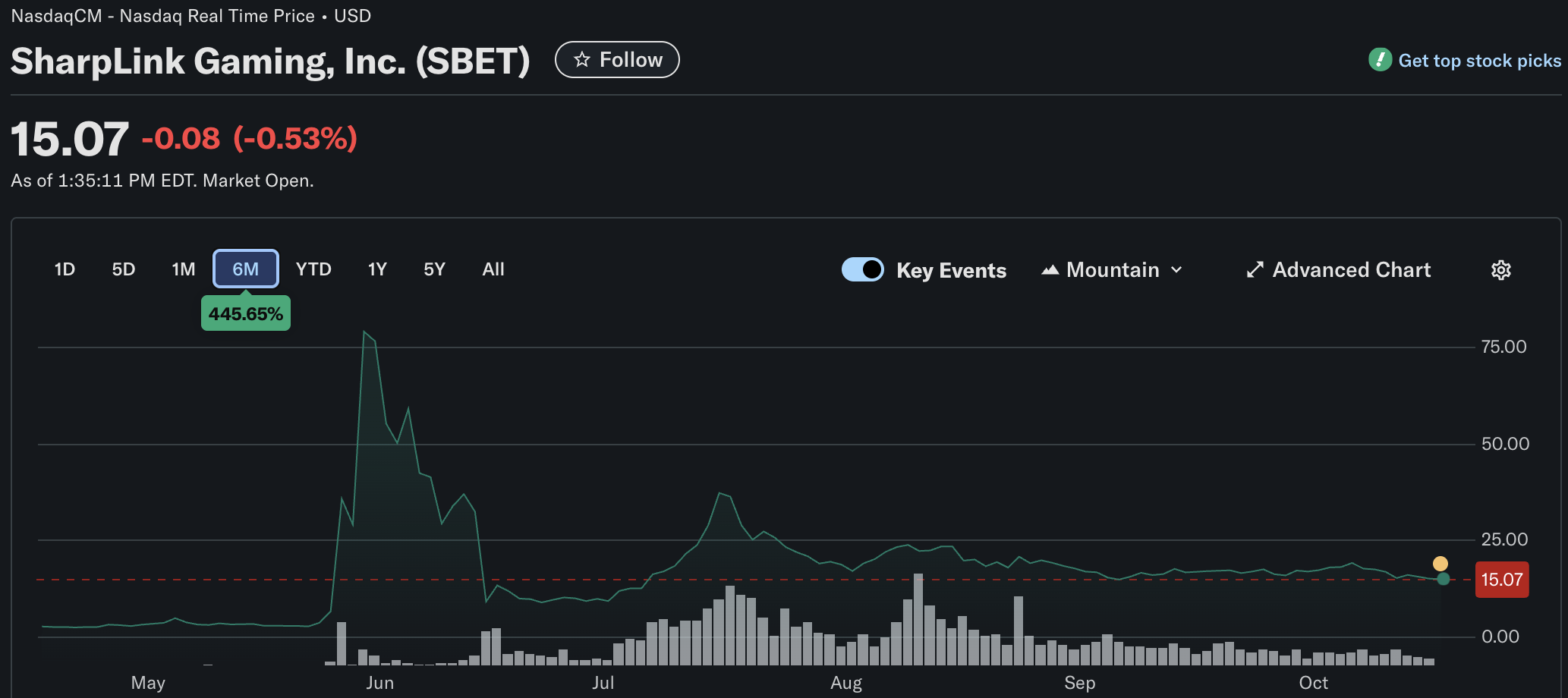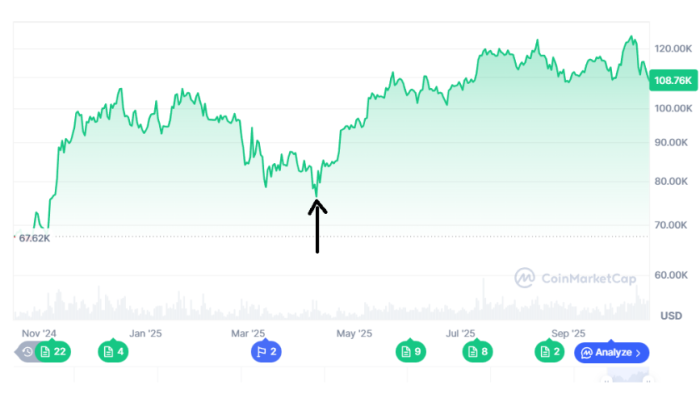Data shows the Bitcoin miner “hashprice” has fallen towards all-time lows, a sign that these chain validators could be coming under pressure.
Bitcoin Miners Are On The Brink Of Becoming Unprofitable
In its latest weekly report, the on-chain analytics firm Glassnode has looked into some miner-related metrics to see how they are doing in terms of their revenue right now.
Miners earn their income through two means: the block rewards that they receive for solving blocks on the network and the transaction fees that they get for processing individual transfers.
The former of these stays fixed between halvings while the latter fluctuates depending on the network activity. How much of these rewards an individual miner would end up getting depends on the competition present on the blockchain.
The “mining hashrate,” that is, the total amount of computing power connected to the network, can serve as a way to track the degree of competition among the miners. The metric is measured in terms of exahashes per second (EH/s).

As displayed in the above graph, the 7-day Bitcoin mining hashrate has gone up by 52% since February and has set a new all-time high. A consequence of the competition between the miners hitting a new high has been that the “hashprice” has plunged toward a new all-time low.
The hashprice here refers to a measure of the total revenue that the miners are earning per exahash of their computing power.

From the graph, it’s visible that the Bitcoin miner hashprice has been trending down over the asset’s history, only observing temporary deviations during bull markets, as the price blowing up temporarily boosts the miners’ USD revenues.
Following the latest decline, the metric has hit a value of $60,000 per EH per day. “The endless logarithmic descent of hashprice shows just how cut-throat and unforgiving the mining industry is,” notes the analytics firm.
As mentioned before, the block rewards stay constant outside of the periodic halving events, where they are cut in half. The reason for this consistency is thanks to the presence of the “mining difficulty” feature in the cryptocurrency’s code.
The network adjusts its difficulty so that changes in the hashrate are countered and the miners produce BTC at the standard rate. When the hashrate goes up, for example, the difficulty also rises in response, so that the miners can’t leverage their extra computing power to mine at a faster pace than the chain intends.
Glassnode believes that the difficulty is the indicator that encapsulates all metrics related to miners in one, so it can be used as the base for a miner production cost model.
According to the firm’s “difficulty regression model,” miners’ break-even point currently stands at $24,300, which means that these miners are only making profits of less than 10% right now.

This could be an especially troubling fact for the miners given that the Bitcoin halving is going to take place sometime next year and will slash their rewards flat in half.
BTC Price
Bitcoin has shown some recovery during the past day as its price is now trading above the $26,800 level.

You can get bonuses upto $100 FREE BONUS when you:
💰 Install these recommended apps:
💲 SocialGood - 100% Crypto Back on Everyday Shopping
💲 xPortal - The DeFi For The Next Billion
💲 CryptoTab Browser - Lightweight, fast, and ready to mine!
💰 Register on these recommended exchanges:
🟡 Binance🟡 Bitfinex🟡 Bitmart🟡 Bittrex🟡 Bitget
🟡 CoinEx🟡 Crypto.com🟡 Gate.io🟡 Huobi🟡 Kucoin.




















Comments